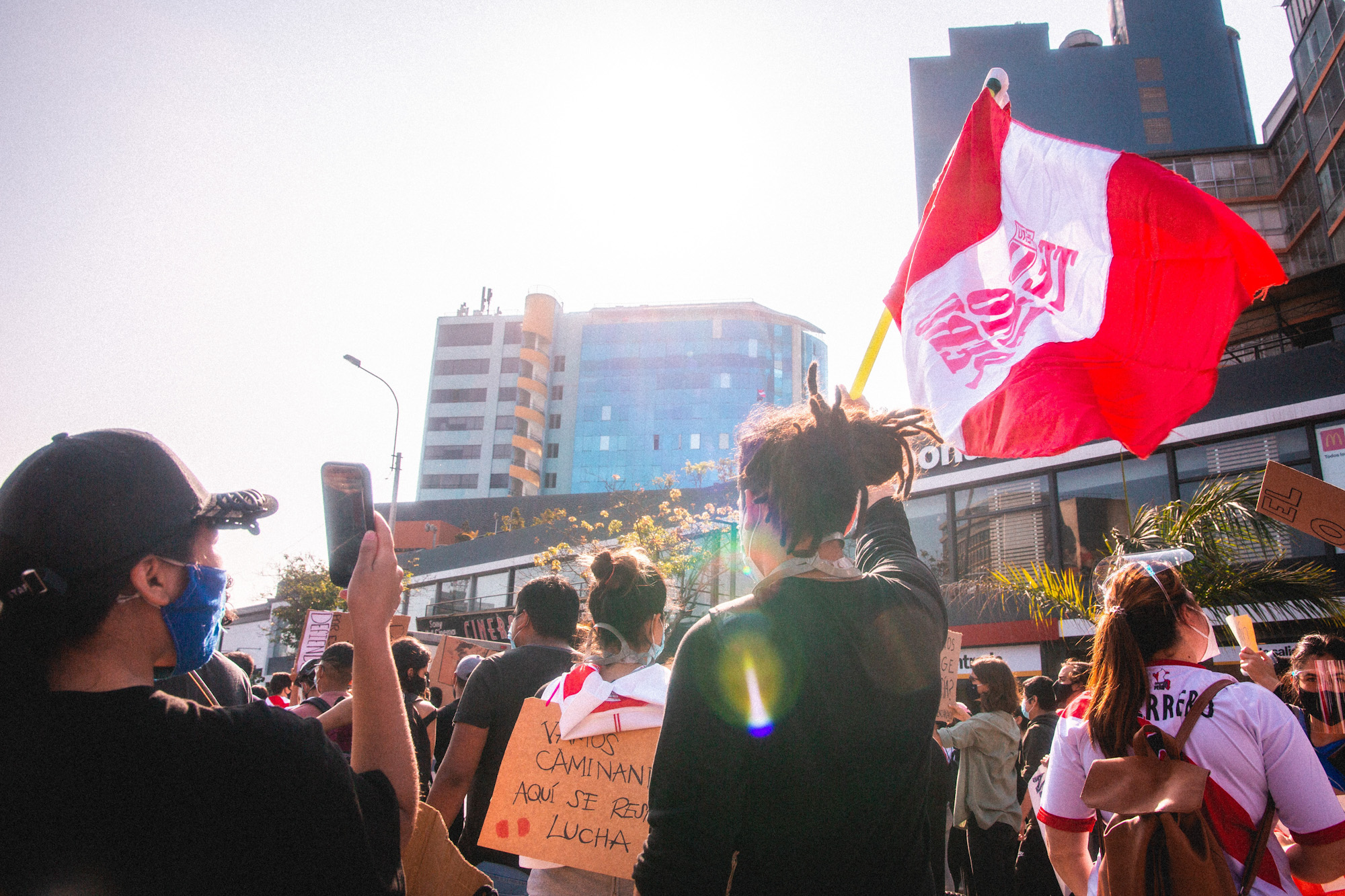At the Precipice of Peru’s Democracy

Over the past decade, Peru’s democratic institutions have faced copious challenges, from political deadlocks to high-level corruption scandals. Accordingly, citizens’ disapproval of their government has increased and their trust in their institutions has deteriorated. By prioritizing personal political and economic gain over citizen-centered governance, the Peruvian state has failed its citizens and damaged its reputation as a free, democratic country. At this pivotal moment, it is crucial to create dialogue between civil society and local government, increase civic education, encourage political participation, and ensure government accountability and transparency. The International Republican Institute (IRI) is committed to help halt the country’s current democratic backsliding and revive Peru’s standing as a fierce, regional champion of democracy.
Seven Peruvian presidents have been involved in corruption scandals within the last six years. Most recently, in December 2022, former President Pedro Castillo attempted to dissolve Congress, which was investigating him and his family for corruption, ultimately resulting in his own impeachment and investigation for crimes of conspiracy and rebellion. Following the inauguration of Castillo’s successor, Dina Boluarte, widespread social protests emerged throughout the country calling for her resignation and advanced elections. Despite Boluarte’s efforts to negotiate advanced elections with legislators, the Congress has rejected all proposed election legislation and the current electoral timeline remains unaffected.
Amidst the political crisis, these protests have profoundly impacted the country’s tenuous socioeconomic and political conditions. In addition to weakening civilian infrastructure and at times restricting mobility in the country, confrontations between civilians and security forces have been deadly, with reports of 59 civilian deaths. Human Rights Watch and Amnesty International each released reports documenting numerous human rights abuses since December 2022, noting that these violations may amount to “extrajudicial or arbitrary killings” under international law that disproportionately affect indigenous and Afro-Peruvian populations. The Inter-American Commission on Human Rights (IACHR) also reported on the myriad human rights abuses, recommending, amongst other things, the government strengthen their democratic institutions by ensuring the freedom of expression, assembly, and association of their citizens.
In response to the human rights investigations and public discontent, the government has inadequately addressed, and often discredited, international concerns. Not only have officials in the Executive Branch consistently rejected the IACHR’s “classification of ‘extrajudicial killings’ and ‘massacres’” in the context of protests, but Peru’s judiciary has also weakened its jurisprudence regarding the right to protest in a time when rights should be strengthened. The government’s failures and inadequate response have exacerbated the public’s distrust of the state and will inevitably further erode the strength of the country’s democratic institutions. Therefore, it is vital for Peruvians to bolster and strengthen their democracy at this pivotal moment.
IRI has seen first-hand the motivation and enthusiasm of local civil society organizations (CSOs) across the country to participate in Peru’s political process. Amidst the political crisis, IRI has successfully hosted workshops and events to facilitate dialogue between women and youth focused CSOs and local government officials. These opportunities allow CSOs to engage with their officials on their priority policy issues and create accountability and transparency mechanisms to ensure their implementation.
While IRI’s successful workshops and dialogue between CSOs and local officials have remained at the regional and local levels, specifically in the regions of La Libertad, Cusco, and Puno, implementing this programming nationwide is key to amplifying the voices and concerns of Peruvians, as well as fostering trust between the government and the public. Though Puno and Cusco have been two of the regions most affected by violent state responses to protests, youth and women CSOs in these regions continue to actively participate in opportunities to advocate for their priority concerns with government officials.
In addition to fostering dialogue between CSOs and local officials, international programming needs to increase transparency and accountability mechanisms, ensuring Peru’s return to civilian-centered democratic governance, and, ultimately, rebuilding the trust between the government and the public. By implementing programming centered around building trust and increasing Peruvians’ capacity to engage politically, the international community has an opportunity to assist civil society and strengthen the country’s democratic institutions, reinvigorating Peru’s status as a champion for democracy in the region.
Top